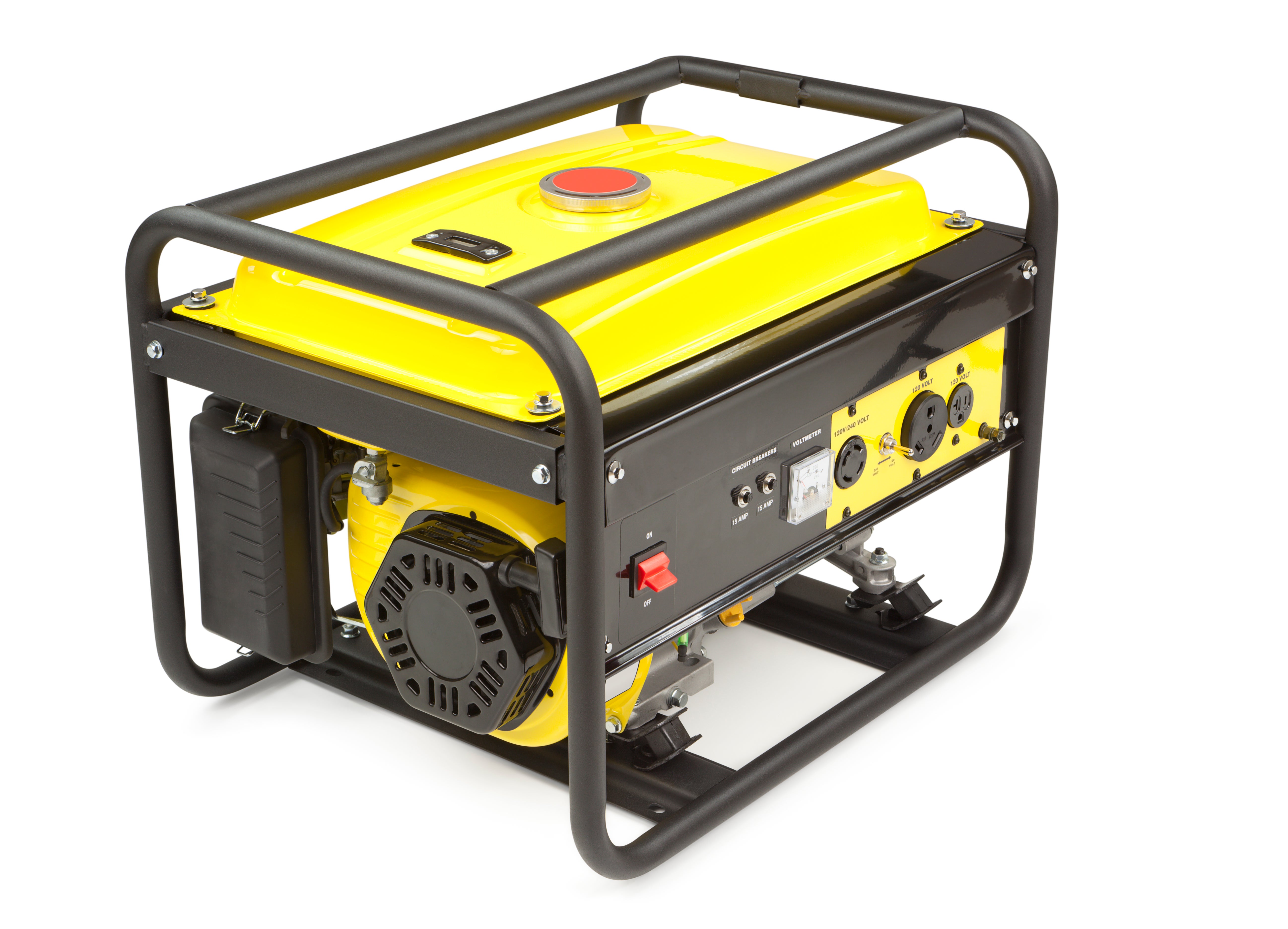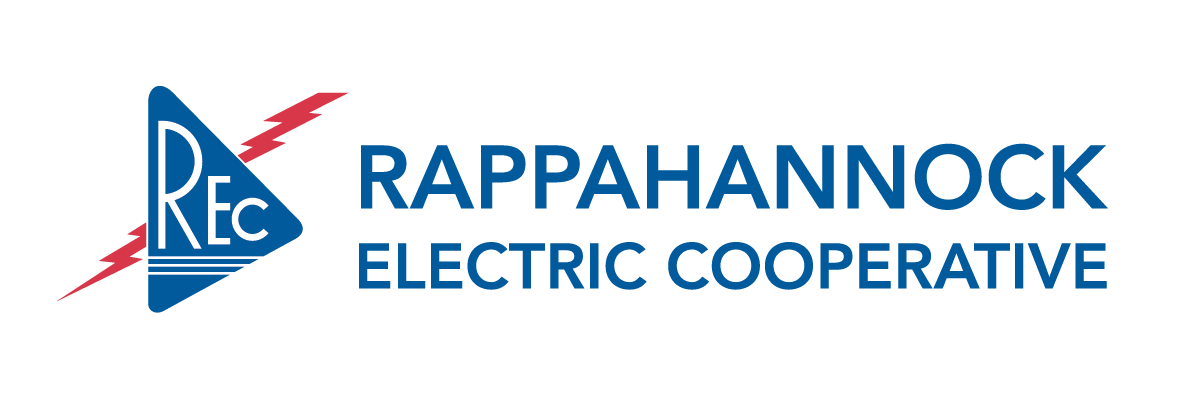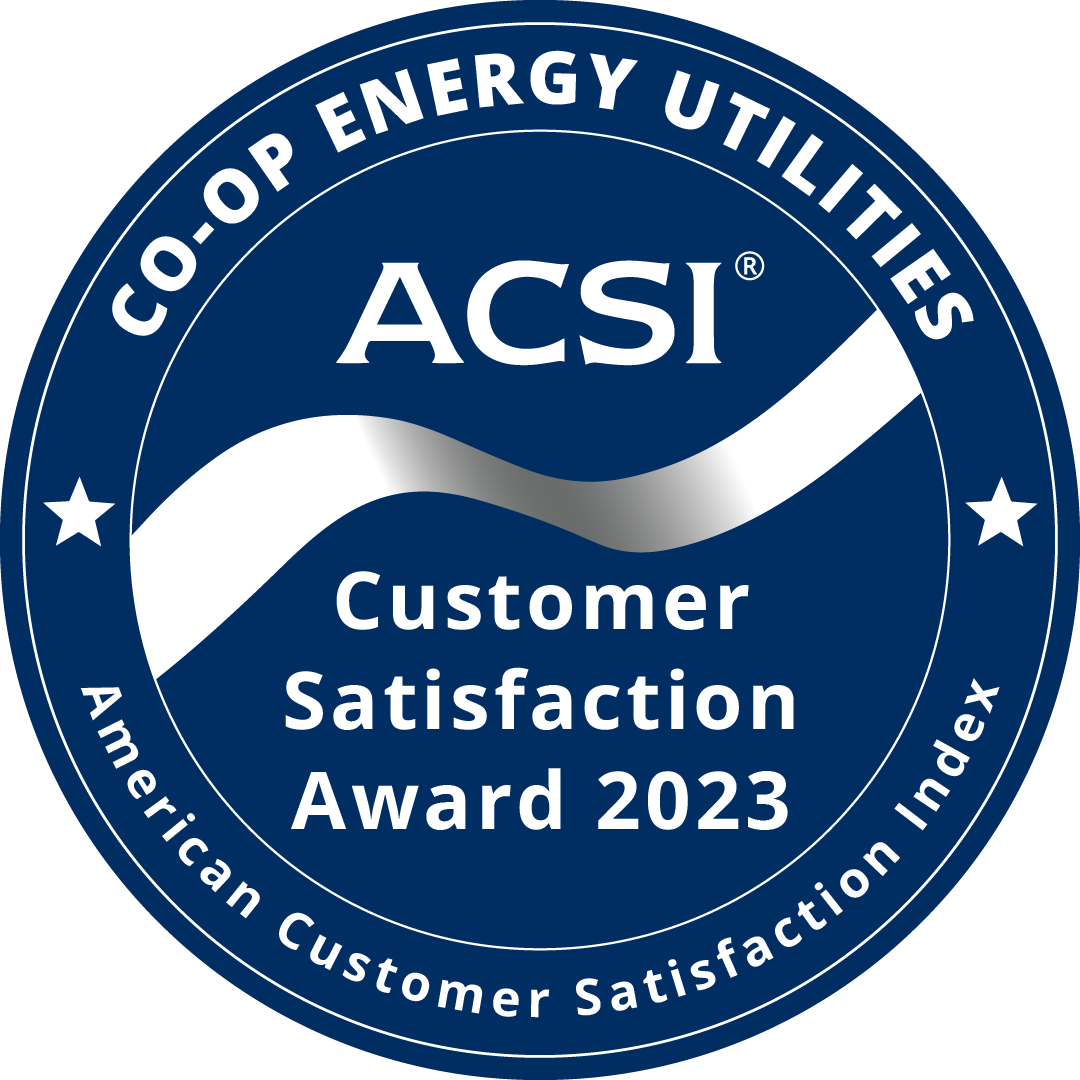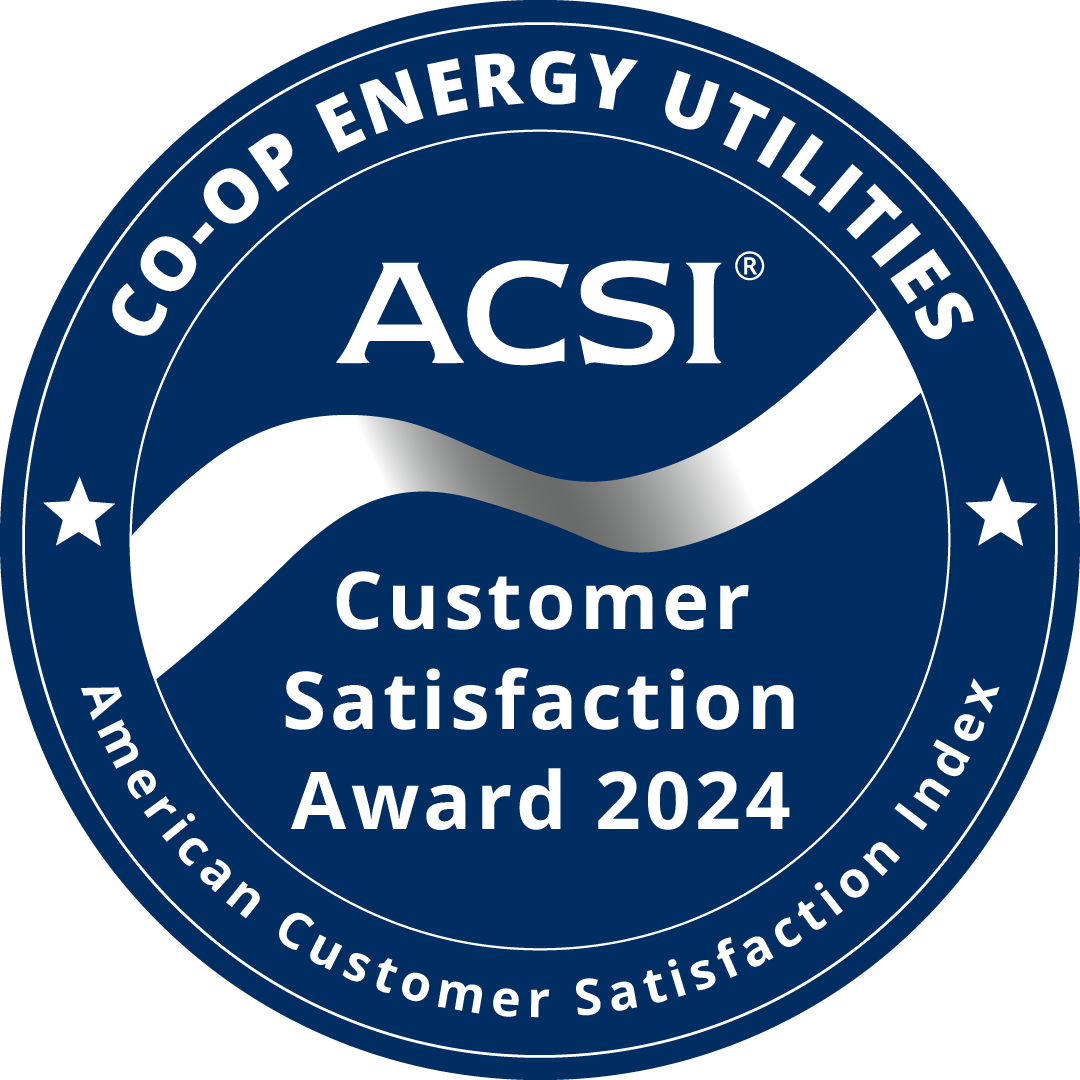
When using your generator, keep the following safety tips in mind:
- Read all safety instructions.
- When a generator is not properly installed, it can "backfeed" through the transformer. As a result, a line crew working on the system would be put in danger.
- Isolate your generator from the co-op's power lines. Connect appliances or other devices directly to the generator with the appropriate cords.
- If you connect it directly to your building's wiring, a transfer, double-throw switch is required to separate your generator from the co-op's system.
- Take care when fueling your generator. Never refuel the unit while it's operating.
- Provide adequate ventilation and air cooling for the generator to prevent overheating and the accumulation of toxic fumes. Do not install your generator in a closed area. Exhaust gases contain carbon monoxide, which is poisonous.
Electrical Safety Foundation International (ESFI) strongly recommends that a licensed electrician install home generators to ensure they meet all local electrical codes. Also, make sure your generator is properly grounded in accordance with the manufacturer's instructions.
Do NOT connect generators directly to the household wiring unless an appropriate transfer switch has been installed by a licensed, qualified electrician.
Without the proper transfer switch, power provided by the generator can "backfeed" along the power lines, creating a significant electrocution hazard for anyone coming in contact with the lines, including line workers making necessary repairs.
Never operate a generator inside your home or in any other enclosed - or even partially enclosed - area. Generators very quickly produce carbon monoxide, which can easily enter your home. Place the generator on a dry surface under an open, canopy-like structure. Do not operate the generator in wet conditions or where there is standing water.
Opening windows or doors or using fans does NOT provide adequate ventilation to prevent the build-up of carbon monoxide. Generators must be located outside and a safe distance away from your home's windows, doors and vents.
Preliminary research from the Centers for Disease Control and Prevention (CDC) and the National Institute of Standards and Technology (NIST) indicates that even 15 feet from the home is TOO CLOSE to operate a generator safely. Remember your neighbors, too. Keep your generator a safe distance away from their homes as well.
Carbon monoxide (CO) is a poisonous gas that is created when common fuels such as natural gas, oil, wood or coal burn incompletely. This odorless, colorless, tasteless gas is often called the "silent killer" because it is virtually undetectable without the use of detection technology like a CO alarm. Extremely high levels of carbon monoxide can be fatal within minutes.
More than 80 percent of carbon monoxide deaths related to portable generators occurred in the home, often resulting from operation of a portable generator within the living space.
Symptoms may include fatigue, shortness of breath, drowsiness, headache and nausea. Get to fresh air right away if you feel dizzy or weak while running your generator.
Make sure that there is at least one battery-operated or battery-backup carbon monoxide alarm in your home. Test it before using your generator.
No. Keep children away from portable generators. Also be sure to store generator fuel out of reach of children.
The capacity of generators varies. Follow the manufacturer's instructions carefully. Do not overload the generator.
Unplug all appliances from the generator before shutting it down. Turn the generator off and let it cool down before refueling. Refueling the generator while it is running is a significant fire hazard.
Natural gas and propane are needed to run most whole house generators. We recommend contacting Generac to see if alternatives are available for you.


